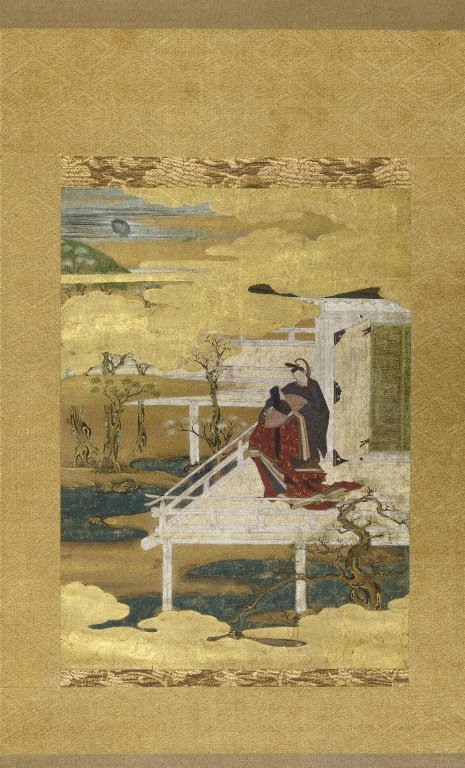“Real things in the darkness seem no realer than dreams.”
― Murasaki Shikibu, The Tale of Genji
Murasaki Shikibu was born sometime in the 970s to an aristocratic Japanese family. She is best known as the author of The Tale of Genji, considered to be possibly the world’s first novel. In The Tale of Genji, Murasaki doesn’t just list events, but delves into the psychology of her characters, marking it as unprecedented for the age.
Born to a family of well-known poets, Murasaki learned classical Chinese in the house of her father and brother, after her mother died early in childbirth.
She was married for two years, in her late twenties or early thirties, which was remarkably old for the time period. Her husband died during a cholera epidemic, after Murasaki had given birth to a daughter.
The Tale of Genji is not only one of the first novels and one of the oldest books still considered a classic today, but was also pivotal in the transition from an oral Japanese vernacular to a written language.
But while the story is deeply rooted in the culture of Heian-era Japan and the subtleties of the court, Mursaki’s timelessness derives from her ability to describe universal experiences, such as the loss of love and the fragility of life. The phrase “the sorrow of human existence” is used more than 1000 times over the course of the novel.
You can learn more about Murasaki Shikibu and Heian literature here.

